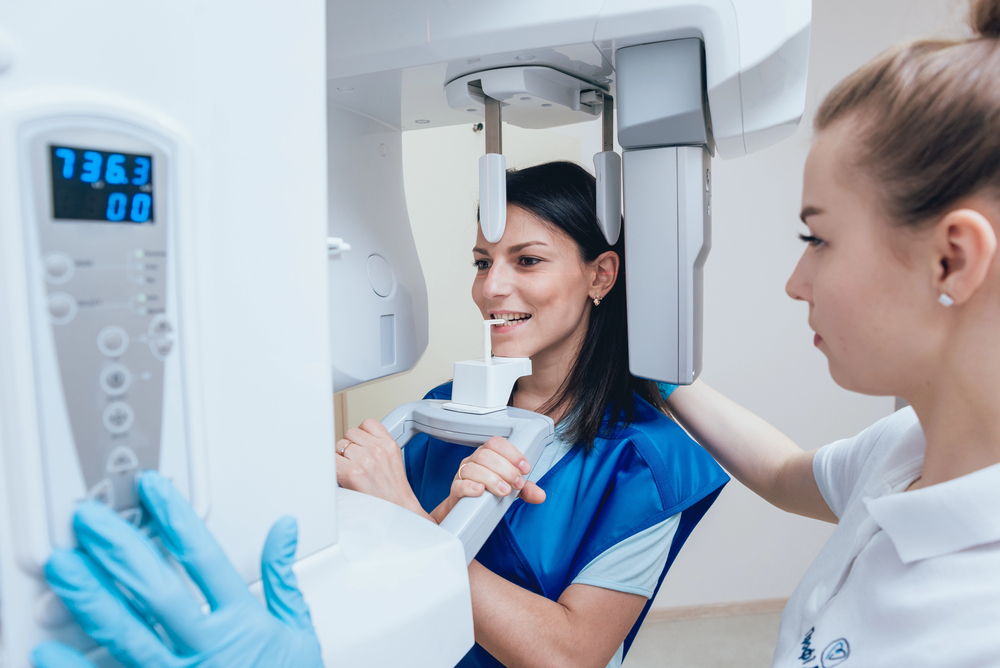In recent years, the field of dentistry has undergone a dramatic transformation, driven by technological innovations that are reshaping how dental care is delivered. The year 2024 has introduced groundbreaking advances that not only streamline dental procedures but also significantly enhance the patient experience. Two key areas of focus in modern dental care—multiple dental implants and regenerative and sustainable dentistry—are leading the charge in creating a more efficient, less invasive, and patient-centric environment.
Multiple Dental Implants: Faster, More Precise Solutions for Tooth Replacement
One of the most notable advancements in 2024 is the improved technology behind multiple dental implants, a solution designed for patients requiring the replacement of several teeth. Traditionally, dental implants involved lengthy and sometimes painful processes, often requiring multiple surgeries. However, the latest technologies are making these procedures quicker, more efficient, and less invasive, vastly improving the patient experience.
Digital Implant Planning
The introduction of digital implant planning has revolutionized the way dentists approach implant surgery. With advanced 3D imaging and CAD/CAM (computer-aided design/computer-aided manufacturing) technology, dentists can now plan the precise placement of dental implants before the actual procedure. This technique enables them to map out the optimal angles and positions for each implant, reducing the risk of complications and ensuring a more accurate fit.
The increased precision significantly enhances the overall success rate of multiple dental implants. Patients benefit from reduced surgery times, fewer follow-up appointments, and quicker recovery periods. This digital planning also provides patients with a clear visual of the procedure, allowing for better communication between dentist and patient, which in turn eases any anxiety or uncertainty about the process.
Immediate Loading Implants
Another major development is the rise of immediate loading implants, where dental prosthetics are attached to the implants on the same day as surgery. In previous years, patients often had to wait several months between the placement of implants and receiving their final crowns, as the bone needed time to heal and integrate with the implants. Immediate loading implants eliminate this waiting period, allowing patients to leave the dentist’s office with a fully functional set of teeth on the day of the procedure.
For those needing multiple dental implants, this is a game-changer. Not only does it save patients from making repeated visits, but it also minimizes the time they spend without fully functional teeth, significantly enhancing their quality of life during the healing process.
Regenerative and Sustainable Dentistry: The Future of Oral Health
While dental technology is advancing in precision and speed, there’s also a growing emphasis on the long-term health of both the patient and the planet. Regenerative and sustainable dentistry has become a major focus in 2024, leading to innovations that promote healing, reduce waste, and minimize the environmental impact of dental practices.
Biomaterials for Regenerative Dentistry
Regenerative dentistry involves using biomaterials and biologically compatible products to stimulate the body’s natural healing processes. These advances are transforming traditional dental treatments, particularly in the areas of bone and tissue regeneration. For patients requiring multiple dental implants, this is particularly relevant, as these implants often require bone grafts to ensure proper integration.
In 2024, bone regeneration techniques have made significant strides, thanks to advancements in biomaterials like bioactive ceramics and growth factor-infused scaffolds. These materials encourage the body to regenerate bone more rapidly and efficiently, reducing the need for synthetic implants or bone grafts from other parts of the body. Patients undergoing implant procedures can now heal faster, with fewer complications, making these treatments less invasive and more comfortable.
Moreover, researchers are developing dental materials that are not only regenerative but also sustainable. Biodegradable polymers are being introduced to reduce waste in dental practices, offering a more eco-friendly alternative to traditional materials. These advances are part of a broader movement towards sustainable dentistry, which prioritizes reducing the environmental footprint of dental treatments while maintaining high-quality patient care.
3D Printing and Eco-Friendly Solutions
Sustainability is further promoted by the widespread adoption of 3D printing technology in dentistry. In 2024, the use of 3D printers to create dental crowns, bridges, aligners, and even implant components is becoming more commonplace. This technology offers several advantages over traditional methods, including reduced material waste, faster production times, and the ability to use biocompatible, eco-friendly materials.
For patients, this means quicker turnaround times for custom dental devices, fewer office visits, and a more comfortable overall experience. Dentists can now scan a patient’s mouth, design a custom restoration, and print it in-house, sometimes within the same appointment. This streamlined process saves time and reduces the need for multiple fittings, greatly enhancing the patient experience.
Furthermore, 3D printing allows for the use of materials that are not only durable and safe but also sustainable. Dental labs are increasingly turning to bio-based resins and other eco-friendly materials, minimizing the environmental impact of dental care.
Artificial Intelligence in Patient Care
Artificial intelligence (AI) continues to play a pivotal role in 2024 dental technologies, with applications that range from diagnostics to treatment planning. AI-powered tools can analyze dental images and patient data with remarkable speed and accuracy, helping dentists detect potential issues earlier and recommend more personalized treatment plans.
For patients undergoing complex procedures, such as multiple dental implants, AI-driven software provides detailed simulations of their treatment outcomes, giving them a clearer understanding of the expected results. This level of transparency helps to alleviate fears and fosters better communication between patients and their dental care providers.
AI also enhances patient experience through more efficient office management, such as automated appointment scheduling and reminders, reducing wait times and making visits more convenient.
The dental technology landscape in 2024 is marked by innovations that prioritize both patient comfort and long-term health. From the precision and speed of multiple dental implants to the eco-friendly and regenerative approaches in sustainable dentistry, these advancements are transforming the way dental care is delivered. As technology continues to evolve, the focus on enhancing the patient experience remains at the forefront, promising faster, safer, and more effective treatments for all.

